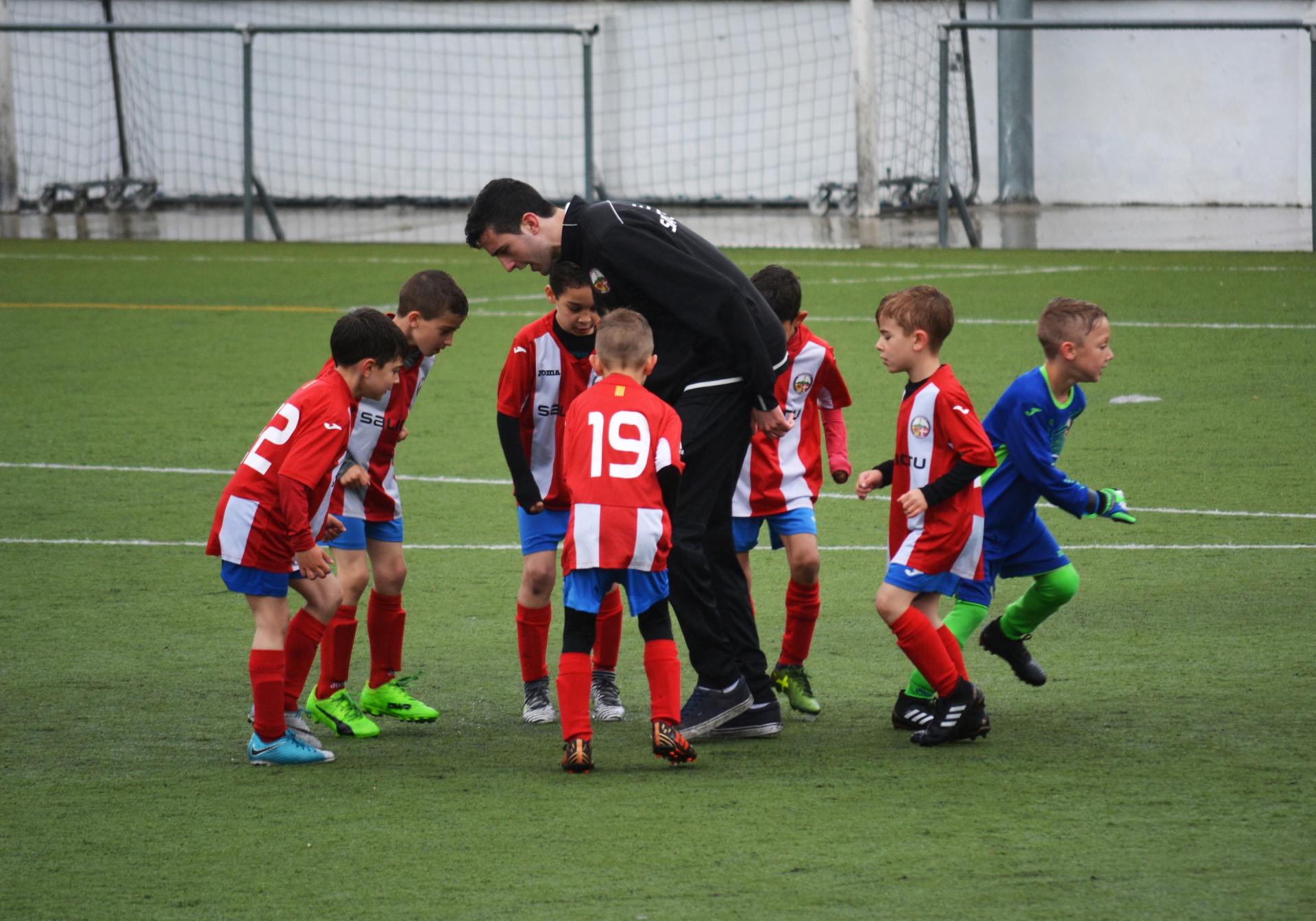Training
Training
You can expect your child to attend academy training at least three times per week and, mostly after school. Training usually starts between 5pm and 6pm, depending on the age of your child.
Managing Work and Life
This is where most of us have to be really organised and manage logistics if you are to preserve your job and family and, your sanity! Life isn't just about football. Your footballer and their other siblings still need to pursue their interests and need help with homework etc.
If you and your partner work, you will need to come to some arrangement that enables you to leave work early. I found this far easier to arrange and manage with an existing employer than with a new one.
Asking for flexible working positively excluded me from some full-time career opportunities with new employers. Recruiters refused to mention it to potential employers even when I explicitly asked them to do so, so we didn't all waste our time going through the interview process when they had no intention of offering flexible working.
If you can't get flexible working, you may need to rely on friends and family for support. Once you're up and running logistically you will find there are other parents close by with whom you can take it in turns to share running your children to football.
If you live close to the training ground, you may be able to squeeze in some tea (dinner) and hydration before training. If you have to journey as we do for an hour, then pre-packed food or snacks is advisable for the journey.
Homework
Homework is a challenge. In the early years, learning a poem or reading text homework can be done in the car providing it doesn't bring on motion sickness. We usually managed to get at least one set of 30 minute homework done, along with dinner at home after training. The rest was done on other nights and days when our son was not training or playing matches.
Under Observation When You Arrive
Be under no illusion. To a lesser and greater extent your child is being watched from the moment they approach the training area. They are being observed from a number of
perspectives including; welfare, friendships, health, happiness, attitude and the relationship with their parents/guardians.
Bring Plenty of Water for Hydration
Throughout the training period, there will be formal breaks when training stops and players take on water. There is no need to buy branded "sports drinks." They are full of sugar.
Our dentist has treated a number of Premiership players and earned a small fortune filling their cavities. The more enlightened players whilst under a sponsorship deal to drink this stuff, replace it with water in the branded bottle.
Importance of Warming Up
There is something about footballs that, as soon they are seen, they create an instinct in the player to immediate kick them as hard as possible at anything resembling a goal even if the goal is folded up waiting to be used.
This often happens when the coach is prepping the training task. During this time for five minutes or so before warming up has started, footballs rain in on goals from 180 degrees and often at full power. This is the perfect way to pull hamstrings and groins in a short space of time, especially when children are growing in their teenage years. An injury during this time may take your child out of playing for weeks and possibly months depending on the severity of the injury.
Injuries wherever possible should be avoided because they can become a long-term weakness that reoccurs later in their professional career. So whilst our views might seem over the top now, you should consider the long term implications of a needless injury.
Coaches of junior sides tend to be less experienced and may not prevent this shot slamming onslaught from happening either because they don't know about the outcomes yet or are are distracted.
We advise you to teach your child to wait, engage in the warm up session first, before kicking balls.
Importance of Warming Down
Warming down is so often neglected. Academy football is played at a significantly higher rate than grassroots football. Players are fitter and their bodies endure a great deal of wear and tear on muscles and ligaments.
They build up high levels of lactic acid when they can't get sufficient levels of oxygen into their body during intense activity. This needs to be managed out of the body's system after training with gentle exercise such as jogging around the training area when the body coverts lactic acid back into lactate through the liver and other processes.
If your child doesn't warm down, your child may complain of stiff and sore muscles after every match, especially in their teenage years. If the club doesn't automatically trigger a warm down your child might consider doing this individually which will probably encourage the rest of the team to follow suit.
You don't always see Premierships teams etc do this on the pitch after matches. They disappear down the tunnel and jump on gym equipment to warm down and have ice baths to manage post match aches and pains.


